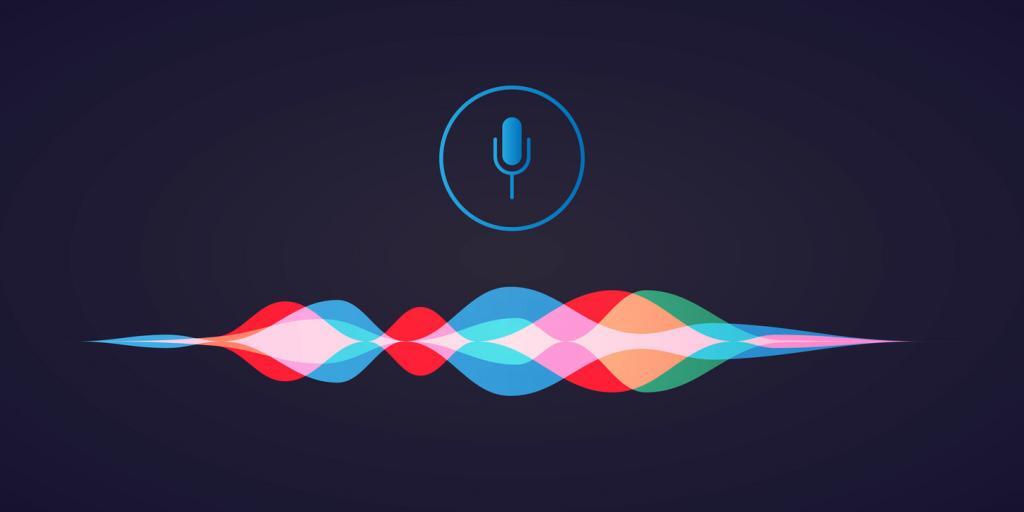
Alexa Skills are like smartphone apps.
You can enable/disable Skills using the Alexa app or browser, just like you would apps on your phone/tablet. You can also add voice-driven Skills to your Echo.
Most Alexa Skills are free. However, some do require subscriptions to unlock all their capabilities/functionality.
What’s the big benefit of Skills for users?
There’s no doubt that Alexa is one of the best digital assistants we have in the US today. However, it’s still limited. Skills give your Alexa all sorts of new abilities, just like apps do for your smartphone and tablet.
Users can use their voices to check the news, turn on music, play games, control devices, and so on. See Amazon’s Skills page here.
What’s the big drawback of Skills for users?
They’re harder to find, and they don’t come preinstalled. If you want to use a Skill, you need to enable the Skill on Amazon or in the Alexa mobile app. Or you can ask Alexa.
With Skills, you not only need to know how to access them, but you need to know how to use them. Different Skills have different methods of activation, and that can confuse users.
So, from a Marketing perspective, is building a Skill like building an app?
Yes and no.
Many vendors say it’s the same thing, and although there are a lot of similarities development-wise, there’s one big difference. When you create a Skill, you need to think Voice first, and Voice is different.
What are the best tips for marketers who want to build a Skill?
Have a clear purpose. You can develop Skills for anything you can think of… and then some. You should design your Skill for something your users need and/or want.
Keep it simple. When creating your Skill, you want to design it for the lowest common denominator. You also need to be transparent with your users on how to use it. This sounds like another “water is wet” comment, but it’s one of the reasons why some good Skills never get any traction.
Develop for questions and utterances. Skills are activated when users say or ask specific things. Most skills are accessed by an open, play, start, or ask request. Make sure that you develop your strongest content around it. (As an aside, an utterance is a way of expressing intent.)
Be consistent in your branding. Marketers are new to Voice, and often, there’s a temptation to try something different. This can also happen because Voice is part of another team besides Marketing. It’s ok to try new things, but your customer should be able to recognize your brand, company, and message across all your channels, whether they’re hearing it or reading/seeing it.
Use call to actions. This applies even if you are building a Skill for something like help, instructions, content, or lead generation. Ask people to take the next logical step.
Don’t make your visuals an afterthought. When Skills were first introduced, visuals weren’t a thing, so a lot of Skill developers never got into the habit of developing them. When developing your new Skill, figure out how you want to show it on the Echo screen. Your Skill shouldn’t be dependent on visuals as they won’t always be seen. They should be designed as a bonus for those on devices that showcase them.
Personalize your content. This can be harder done than said for marketers, but there are tremendous opportunities for customization. Look at where/how you can add it. (Rule of thumb: start small, get it right, and then add something else to your repertoire.)
Consider ways to increase loyalty. One thing that works well for eCommerce companies is building out reorder programs, automatic delivery/continuous refill programs, and offering points/credits/bonuses to users who make their purchases using Skills. These programs can be easier to start with because you already have a built-in target market and focused goal. They’re also very suited to Voice in general. Just remember, the programs need to work across all channels, not just Skills; otherwise, they can backfire.
Develop a content/update plan before you launch. One of the biggest reasons why many apps quickly become graveyards is that folks build them and then promptly forget to maintain them. If you are going to develop a Skill, you will want to establish a content and/or update plan for the following year. Content marketing in terms of Skills can be fruitful for lead generation efforts, especially if you capture something of market value from the user. (Email address, mobile number, etc.)
IMPORTANT: Remember, this is primarily an auditory medium. With any Voice project, you’ll want to figure out your sound and overall Voice brand. This includes your spokesperson/background voice and music.
I already sell on Amazon. Do I need a Skill?
You don’t necessarily need a Skill, but having one can certainly help you with Amazon customers. In fact, more and more companies are using integrated Skills to increase their Voice sales. It doesn’t work for everyone, but it’s certainly worth exploring.
Are there other benefits to having a Skill besides just increasing my Amazon orders?
Absolutely. Skills can be good for sales and branding. They’ve already proven to help increase loyalty in many companies.
One of the biggest reasons you might want to consider building Skills and/or Actions, though? It’s an easy way to start figuring out Voice for your company. Voice will be the #1 disruptor you’ve seen in marketing, and too many marketers are waiting for a rainy day to jump in. This can be a quick and easy way to learn a lot, set some standards, and make money in the meantime.
Should I develop a Skill?
I get this question a lot, especially from marketers who poured a ton of money into building an app way back when only to have it be a complete and utter failure and a HUGE money pit. That’s not to say that all apps failed because some of them were a raging success, but I saw far more apps lose than win. But I digress…
Skills and Actions (Google’s version of skills) are still relatively new. There are definite advantages to getting in the game early. However, don’t create a Skill/Action just to have one and/or be first. Create a Skill/Action because you have something to offer your users or a comprehensive plan to game the system. (The latter is not for the faint of heart, and you will likely need to seek outside expertise. I’d be remiss if I didn’t mention it because it can work like crazy… and backfire spectacularly, so it’s definitely not for everyone.)
If you’re going to build a Skill, design it for a specific user need. For example, 1-800-Flowers has a skill that allows you to order flowers through Voice.
If Amazon’s a big part of your business, you should look seriously at Skills.
What is an Alexa Shopping Action?
Alexa Shopping allows you to place orders through Amazon using a Voice command. You tell Alexa what you want to buy; it finds the product on Amazon, confirms that you want the product it found, and then places the order.
With Alexa Shopping Actions, you can build your Skill that recommends products with Alexa Shopping.
You can learn more about Alexa Shopping Actions here.
Is a Skill the same as a Routine?
Routines are action bundles (aka Alexa shortcuts.) They save you time by grouping together a bunch of actions, so you don’t need to ask for each one individually.
Where do I start if I want to build a Skill for my business?
If you aren’t using Skills yourself, one of the best ways to start is to learn about what Skills are available in your market and overall. Then, start using them. Try reordering your coffee on Starbucks or playing NPR. Use a Skill to activate one of your apps or play a game. Send a hug, donate, get a recipe or first aid, try Tide’s stain finder, or ask Alexa, “what are the deals?”
If you think a Skill is right for you, you’ll want to read over Amazon’s information. Don’t worry; you just need to give it a cursory overview. You can send the rest to your developers to review. Then work on the list above. Please note: Amazon offers several different kinds of Skills: Music and Radio Skills, Video Skills; Smart Home Skills; Flash Briefing Skills (adds news or information to the Alexa Flash Briefing); and Custom Skills (everything else.) They also have different APIs available. They’ve made this all uber-easy but do make sure your developers review ALL the materials before they begin.
Have questions or comments about building an Alexa Skill? Already made a Skill and have some tips to share? Tweet @amyafrica or info@eightbyeight.com.


 Catalogers and other offline marketers have many advantages when it comes to E-Commerce.
Catalogers and other offline marketers have many advantages when it comes to E-Commerce. 

